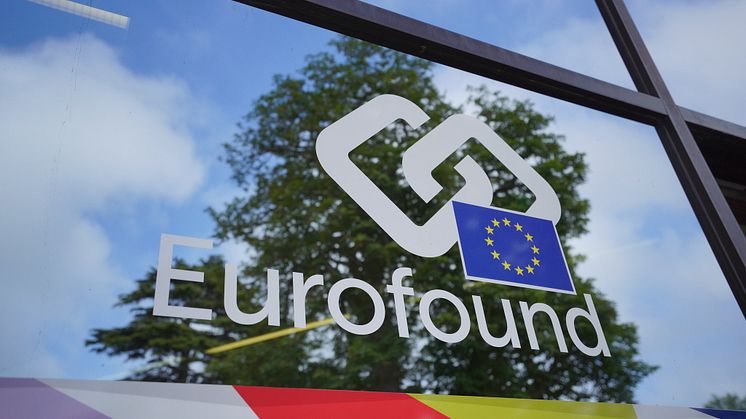COVID-19 one year on: A changed Europe
The outbreak of COVID-19 in Europe may be moving gradually into history, but the long-term impacts of the pandemic on our work and lives is just beginning.

The outbreak of COVID-19 in Europe may be moving gradually into history, but the long-term impacts of the pandemic on our work and lives is just beginning.

The COVID-19 pandemic has exposed structural inequalities in healthcare capacity across EU Member States threatening convergence in healthcare - where central and eastern Member States with lower health indicators had been catching up with more affluent Member States in a number of areas. This could have serious consequences for economies, labour markets and cohesion across the Union.

Ireland and Denmark are the most socially optimistic countries in the EU, according to Eurofound's Social Optimism Index, a newly developed composite indicator which measures six variables of optimism among people in Europe.

Trust in Germany’s national government decreased from 5.7 to 4.3 between summer 2020 and spring 2021, according to Eurofound’s large-scale Living, working and COVID-19 online survey. This is the third largest decline compared to other EU countries, behind Austria and Cyprus.

Das Vertrauen in die nationale Regierung Deutschlands ist zwischen Sommer 2020 und Frühjahr 2021 von 5,7 auf 4,3 gesunken. Das ist der drittgrößte Rückgang im EU-Vergleich, nach Österreich und Zypern.

Eurofound, in cooperation with the Embassy of the Republic of Slovenia in Ireland (in the framework of the Presidency of the Council of the European Union), will host a meeting of the EU Heads of Missions in Ireland on Tuesday 28 September.

Malta has the third highest degree of social optimism across the EU. According to the Social Optimism Index, developed by Eurofound, the country scores 0.424, just behind Ireland and Denmark (0.687 and 0.582 respectively), whereas Greece and France (-0.650 and -0.262) can be found on the opposite side of the Index.
Social optimism refers to a general expectation that social issues will turn out

Citizens who feel their voice counts are not only more optimistic about their own future, but also about broader society and the institutions that govern their lives.

The shift to telework during the pandemic, and increased demand for more hybrid working arrangements in the future, is putting the spotlight on whether existing labour legislation is fit for purpose in post-pandemic Europe, according to Eurofound’s new report Right to disconnect: Exploring company practices.

As Europe moves to the final stages of its initial vaccination programme, workers are now returning to offices and other places of work, and citizens in general are reengaging into the community. Eurofound will be releasing important new research this autumn investigating how COVID-19 has impacted our lives and what these changes mean for Europe.

More than 9 out of 10 establishments with 10 or more employees in Slovakia report difficulties in finding suitable candidates for open positions, according to a recent Eurofound report on ‘Tackling labour shortages in EU Member States’. This is the highest proportion in the EU, followed by Romania (90%) and Malta (88%), while rates are lowest in Denmark and Greece (both 57%).

In spring 2021, around 5% of people in Belgium, who had been employed before the pandemic, reported having lost their job. Compared to the EU average of 10%, Belgium fares comparatively well, with only neighbouring Luxembourg and the Netherlands reporting lower figures, according to Eurofound’s large-scale Living, working and COVID-19 online survey.
